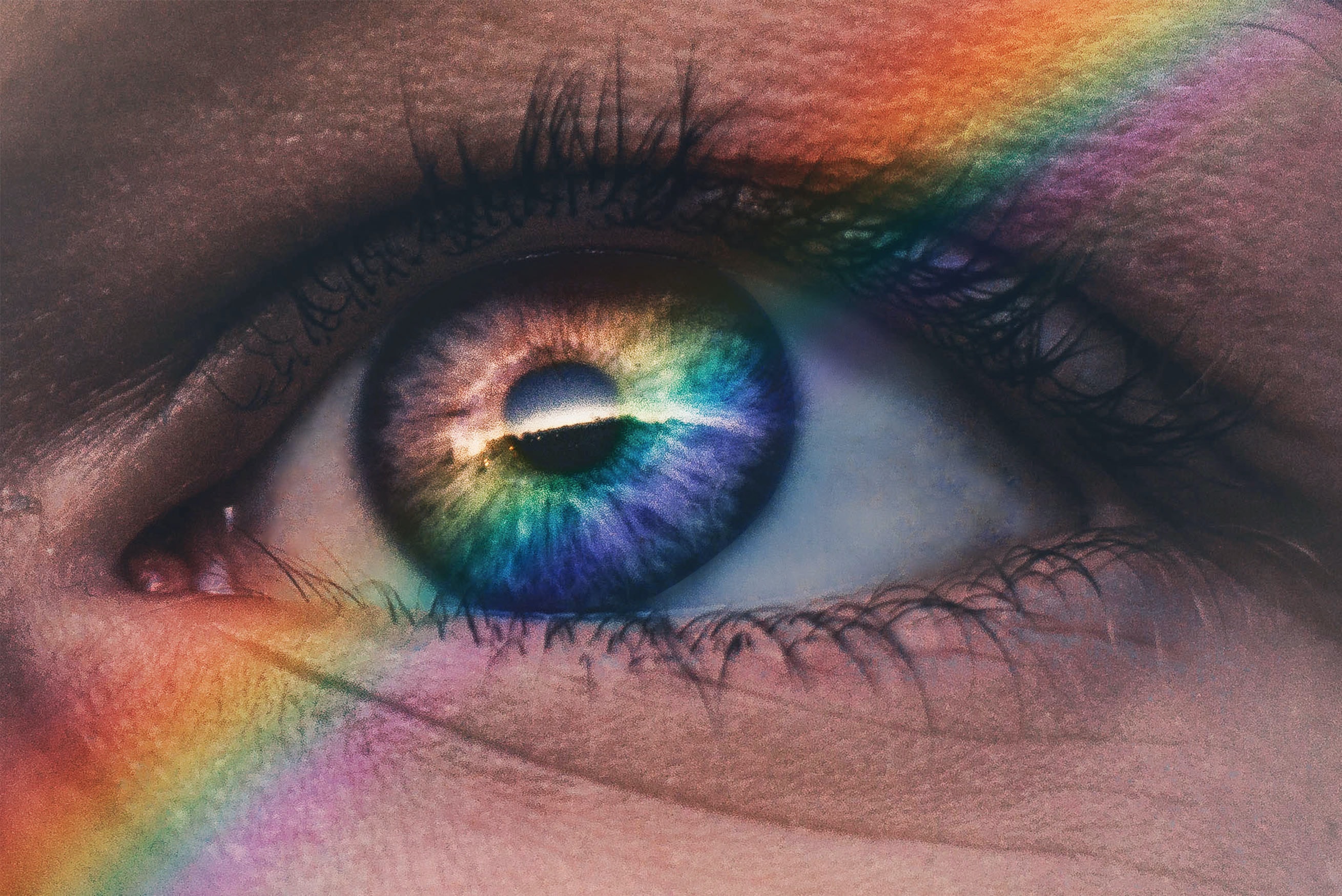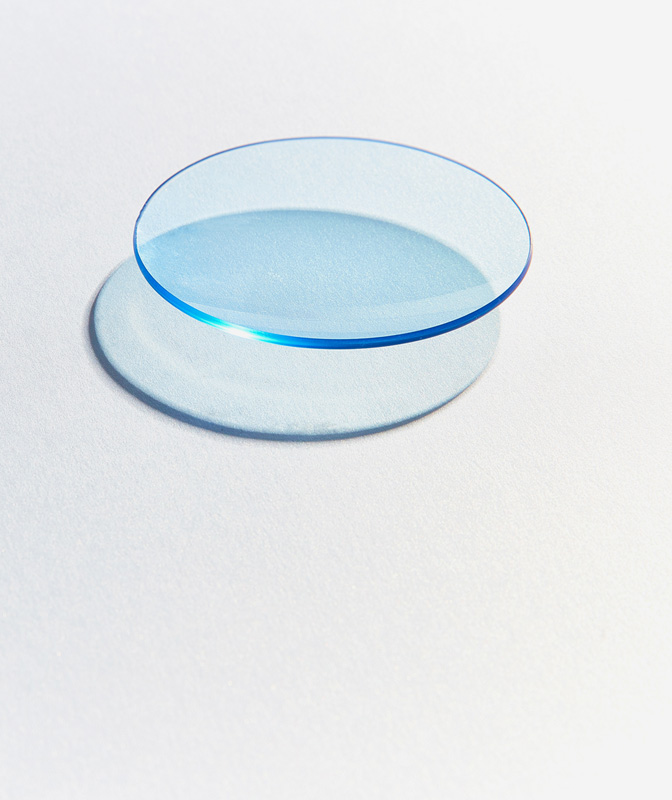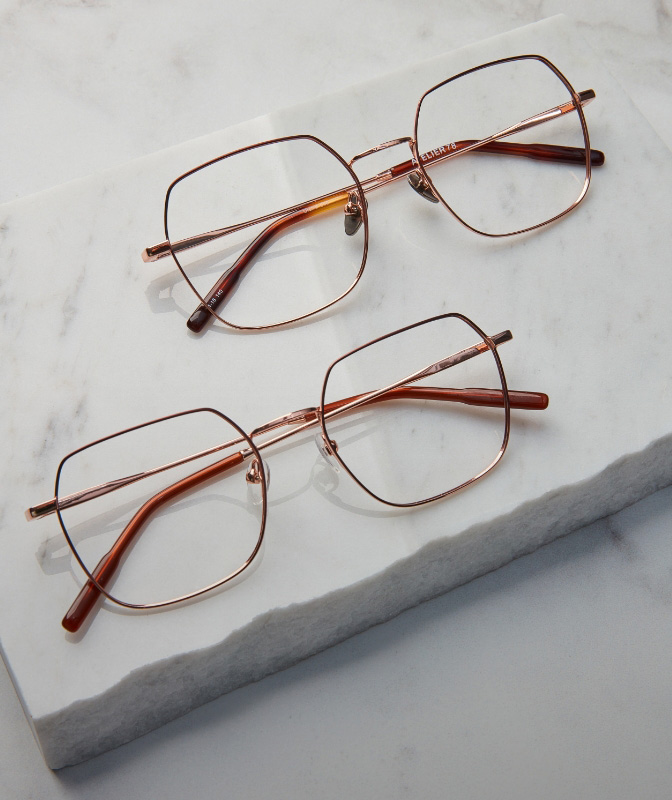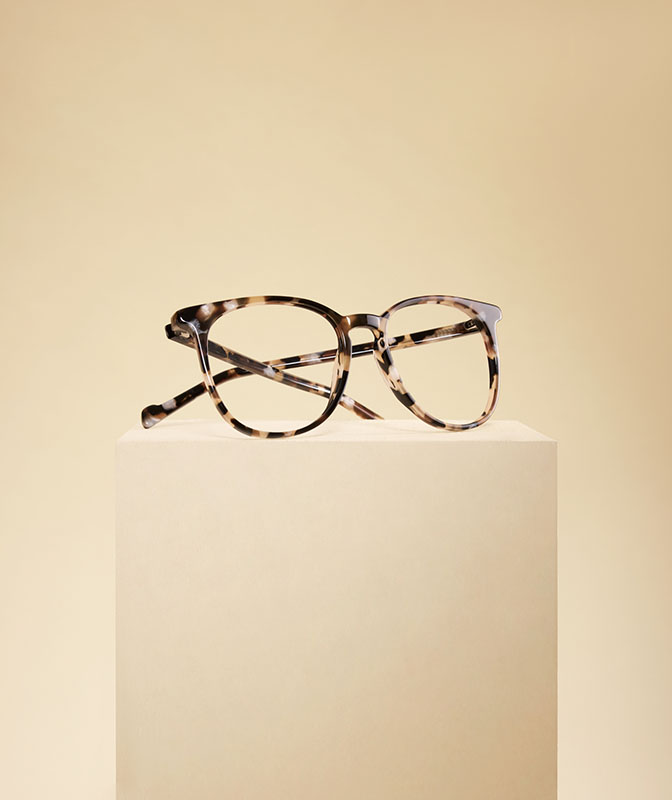Skin cancer, eye disease, premature aging of the skin — everyone is aware of the effects of prolonged exposure to invisible UV rays. But in the last decade, a new type of light has been deemed harmful: blue light.
What is blue light?
Blue light is everywhere — and it’s part of the visible light spectrum! When blue light is slightly turquoise in color, it is vital for our body. But when it’s closer to violet (which is when it is in the invisible spectrum), it’s actually harmful to human beings.

Blue light can be found in daylight, but it’s also emitted by LEDs and compact fluorescent lighting. In this case, it is called artificial blue light.
With the emergence of digital technologies, our lifestyles revolve more and more around screens and appliances. Tablets, mobile phones, computers, TVs, LED lightbulbs — we are surrounded by electronics that emit blue light from dusk till dawn.
The impact of blue light
Unlike ultraviolet light, which is absorbed first by the cornea and then by the eye’s crystalline lens, blue-violet light penetrates the lens first and hits the center of the retina — also known as the macula. Prolonged exposure to blue light could play a role in macular degeneration, visual fatigue and premature aging of your eyes.
Blue light and sleep
Exposure to blue light up to two hours preceding bedtime could affect our circadian rhythm. Since blue light is perceived by our brain as morning light, it affects our production of melatonin and delays sleep. This may seem insignificant in the short term, but it can have heavy consequences in the long term.
Although we are more and more aware of the impact of blue light on our ocular health, more time and research will be necessary to understand the damage and risks linked to prolonged exposure to blue light.
How to protect your eyes from blue light
Thankfully, there are a few solutions out there to help minimize our exposure to blue light.
Blue light glasses
Treatments can be applied to eyeglass lenses to create blue light blocking glasses, such as the BlueControl treatment by Hoya. This treatment offers protection against harmful light emitted by screens, and can help reduce ocular fatigue. What’s more, this solution helps increase contrasts by improving clarity and colour perception. Finally, this treatment can help reduce glare and allow for a more comfortable, relaxing vision.
“These days, who isn’t connected? This treatment is truly adapted for everybody, and more specifically, for people who spend several hours per day in front of their mobile phones. We would all like to take a welcome break from our screens once in a while, but in truth, no one does it. The BlueControl treatment is an easy solution that offers minimum protection”, states optometrist Dr. Karl Brousseau.
Other helpful tips from our eye doctors
Here are a few suggestions that will help reduce your exposure to blue light and its harmful effects:
- To avoid disturbing your sleep cycle, stop using your cell phone, TV or computer one or two hours before going to bed.
- Make sure your eyes are an arm’s length distance from your computer screen.
- Reduce the luminosity of your screens (cell phone, tablet, laptop).
- Avoid using fluorescent or LED bulbs in your house, especially in the bedroom.
To learn more about blue light glasses, don’t hesitate to contact your favourite Doyle Boutique!






